Like any warranty, a roof warranty can be confusing if you don’t understand what you’re getting up front. When purchasing a roof for your home or transferring a roof warranty to your name when you purchase a new home, you should clarify exactly what your warranty covers, what might void the warranty and how to make the most of your new roof. Here are some of the most common questions we hear regarding roof warranties. 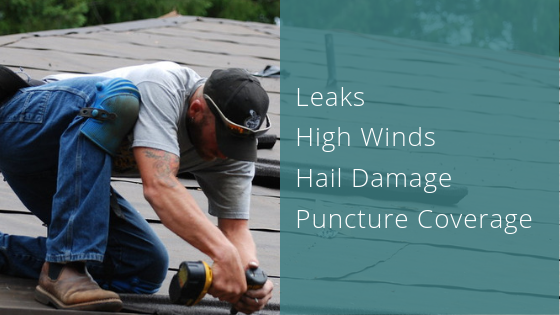 Since there are a number of options and each manufacturer has its own specific warranty, you definitely want to get an itemized list of everything your warranty covers and doesn’t cover. As a starting point, the following issues are usually covered by a typical roof warranty. Leaks As long as the leak was caused by a covered event (such as a fallen tree limb), most warranties will take care of the roof repair or replacement. You probably won’t be covered if your roof is leaking due to poor maintenance or simply because it’s old. High Winds Sometimes, roof warranties won’t cover damage caused by high winds, so make sure you check your warranty to make sure. Generally, roofing warranties will cover winds up to certain speeds. Hail Damage Usually, you need add hail damage to your warranty. Talk with your roofer about the value of being protected against hail damage in your area, considering any extra costs you may incur in the roof installation. Puncture Coverage Something to consider if a lot of people are walking on your roof is puncture coverage. You’ll have to meet certain requirements in order to qualify and really should only consider it if you expect a lot of traffic on your roof. Want to know more about what to expect during a new roof installation? This article answers frequently asked questions such as “Can I live in my house while the roof is replaced?”.
Since there are a number of options and each manufacturer has its own specific warranty, you definitely want to get an itemized list of everything your warranty covers and doesn’t cover. As a starting point, the following issues are usually covered by a typical roof warranty. Leaks As long as the leak was caused by a covered event (such as a fallen tree limb), most warranties will take care of the roof repair or replacement. You probably won’t be covered if your roof is leaking due to poor maintenance or simply because it’s old. High Winds Sometimes, roof warranties won’t cover damage caused by high winds, so make sure you check your warranty to make sure. Generally, roofing warranties will cover winds up to certain speeds. Hail Damage Usually, you need add hail damage to your warranty. Talk with your roofer about the value of being protected against hail damage in your area, considering any extra costs you may incur in the roof installation. Puncture Coverage Something to consider if a lot of people are walking on your roof is puncture coverage. You’ll have to meet certain requirements in order to qualify and really should only consider it if you expect a lot of traffic on your roof. Want to know more about what to expect during a new roof installation? This article answers frequently asked questions such as “Can I live in my house while the roof is replaced?”. 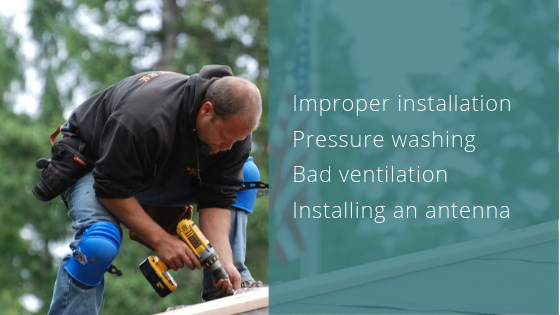 Like everything else involved with roof warranties, the instances or activities that may void your roof warranty vary. All potential warranty-voiding restrictions will be outlined in your warranty. Here are some of the most common. Improper installation will void a warranty as manufacturers design their products to be installed a certain way. If not installed properly, the company won’t honor damage that was the fault of an installation. Pressure washing can damage the shingles which aren’t designed for withstanding high-pressure water. There are soft-washing methods that can sufficiently clean your roof and soft washing won’t put your warranty in jeopardy. Bad ventilation can void a warranty because it can lead to the overheating of your shingles, which can dramatically shorten their lifespan. Proper ventilation maximizes the life of your roof and is one of the best investments you can make for your roof and home or business. Installing an antenna might void your warranty so you should definitely make sure before you install anything on your roof. Putting a roof over your old roof might also void the warranty of your new roof and will almost certainly void the warranty of the existing roof. As has probably become clear by now, you need to know exactly what you’re getting with your roof warranty. There are a lot of add-on options to standard warranties and you should be able to find one that works best for you without paying additional for certain protection you may not need.
Like everything else involved with roof warranties, the instances or activities that may void your roof warranty vary. All potential warranty-voiding restrictions will be outlined in your warranty. Here are some of the most common. Improper installation will void a warranty as manufacturers design their products to be installed a certain way. If not installed properly, the company won’t honor damage that was the fault of an installation. Pressure washing can damage the shingles which aren’t designed for withstanding high-pressure water. There are soft-washing methods that can sufficiently clean your roof and soft washing won’t put your warranty in jeopardy. Bad ventilation can void a warranty because it can lead to the overheating of your shingles, which can dramatically shorten their lifespan. Proper ventilation maximizes the life of your roof and is one of the best investments you can make for your roof and home or business. Installing an antenna might void your warranty so you should definitely make sure before you install anything on your roof. Putting a roof over your old roof might also void the warranty of your new roof and will almost certainly void the warranty of the existing roof. As has probably become clear by now, you need to know exactly what you’re getting with your roof warranty. There are a lot of add-on options to standard warranties and you should be able to find one that works best for you without paying additional for certain protection you may not need.
What Does a Roof Warranty Cover?
 Since there are a number of options and each manufacturer has its own specific warranty, you definitely want to get an itemized list of everything your warranty covers and doesn’t cover. As a starting point, the following issues are usually covered by a typical roof warranty. Leaks As long as the leak was caused by a covered event (such as a fallen tree limb), most warranties will take care of the roof repair or replacement. You probably won’t be covered if your roof is leaking due to poor maintenance or simply because it’s old. High Winds Sometimes, roof warranties won’t cover damage caused by high winds, so make sure you check your warranty to make sure. Generally, roofing warranties will cover winds up to certain speeds. Hail Damage Usually, you need add hail damage to your warranty. Talk with your roofer about the value of being protected against hail damage in your area, considering any extra costs you may incur in the roof installation. Puncture Coverage Something to consider if a lot of people are walking on your roof is puncture coverage. You’ll have to meet certain requirements in order to qualify and really should only consider it if you expect a lot of traffic on your roof. Want to know more about what to expect during a new roof installation? This article answers frequently asked questions such as “Can I live in my house while the roof is replaced?”.
Since there are a number of options and each manufacturer has its own specific warranty, you definitely want to get an itemized list of everything your warranty covers and doesn’t cover. As a starting point, the following issues are usually covered by a typical roof warranty. Leaks As long as the leak was caused by a covered event (such as a fallen tree limb), most warranties will take care of the roof repair or replacement. You probably won’t be covered if your roof is leaking due to poor maintenance or simply because it’s old. High Winds Sometimes, roof warranties won’t cover damage caused by high winds, so make sure you check your warranty to make sure. Generally, roofing warranties will cover winds up to certain speeds. Hail Damage Usually, you need add hail damage to your warranty. Talk with your roofer about the value of being protected against hail damage in your area, considering any extra costs you may incur in the roof installation. Puncture Coverage Something to consider if a lot of people are walking on your roof is puncture coverage. You’ll have to meet certain requirements in order to qualify and really should only consider it if you expect a lot of traffic on your roof. Want to know more about what to expect during a new roof installation? This article answers frequently asked questions such as “Can I live in my house while the roof is replaced?”. Does a Home Warranty Cover the Roof?
In a standard home warranty, the roof is not usually covered. However, you can probably add it to your home warranty, which then covers you against natural damage just like a common roof warranty.Does a Roof Warranty Transfer to New Owners?
It can, but you need to make sure of it when you acquire the warranty. Even in that case, some roof warranties only transfer once, so if you buy a home and transfer the warranty to yourself, you can’t further transfer the warranty when you sell your home. However, all these options are available to you, so make sure to talk to a professional to determine exactly what you want and then ensure you get it.What Voids a Roof Warranty?
 Like everything else involved with roof warranties, the instances or activities that may void your roof warranty vary. All potential warranty-voiding restrictions will be outlined in your warranty. Here are some of the most common. Improper installation will void a warranty as manufacturers design their products to be installed a certain way. If not installed properly, the company won’t honor damage that was the fault of an installation. Pressure washing can damage the shingles which aren’t designed for withstanding high-pressure water. There are soft-washing methods that can sufficiently clean your roof and soft washing won’t put your warranty in jeopardy. Bad ventilation can void a warranty because it can lead to the overheating of your shingles, which can dramatically shorten their lifespan. Proper ventilation maximizes the life of your roof and is one of the best investments you can make for your roof and home or business. Installing an antenna might void your warranty so you should definitely make sure before you install anything on your roof. Putting a roof over your old roof might also void the warranty of your new roof and will almost certainly void the warranty of the existing roof. As has probably become clear by now, you need to know exactly what you’re getting with your roof warranty. There are a lot of add-on options to standard warranties and you should be able to find one that works best for you without paying additional for certain protection you may not need.
Like everything else involved with roof warranties, the instances or activities that may void your roof warranty vary. All potential warranty-voiding restrictions will be outlined in your warranty. Here are some of the most common. Improper installation will void a warranty as manufacturers design their products to be installed a certain way. If not installed properly, the company won’t honor damage that was the fault of an installation. Pressure washing can damage the shingles which aren’t designed for withstanding high-pressure water. There are soft-washing methods that can sufficiently clean your roof and soft washing won’t put your warranty in jeopardy. Bad ventilation can void a warranty because it can lead to the overheating of your shingles, which can dramatically shorten their lifespan. Proper ventilation maximizes the life of your roof and is one of the best investments you can make for your roof and home or business. Installing an antenna might void your warranty so you should definitely make sure before you install anything on your roof. Putting a roof over your old roof might also void the warranty of your new roof and will almost certainly void the warranty of the existing roof. As has probably become clear by now, you need to know exactly what you’re getting with your roof warranty. There are a lot of add-on options to standard warranties and you should be able to find one that works best for you without paying additional for certain protection you may not need. Concerned about the lifespan of your existing roof, or a new roof installation? Check out this article on how long a roof typically lasts.
Feel free to contact us to discuss an existing warranty or a potential future new residential roof warranty.Tags
Subscribe to West Michigan Roofing's Blog
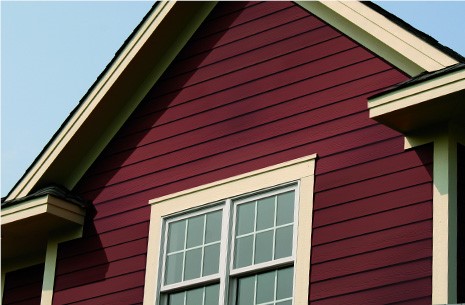

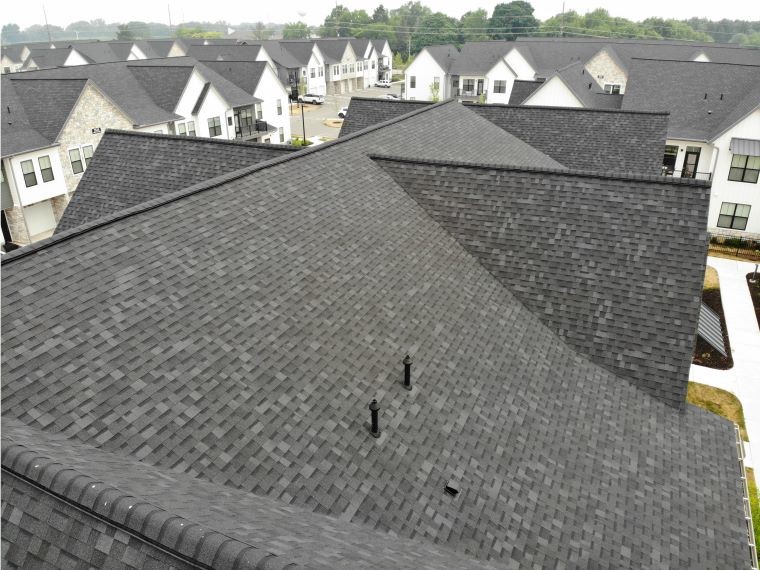

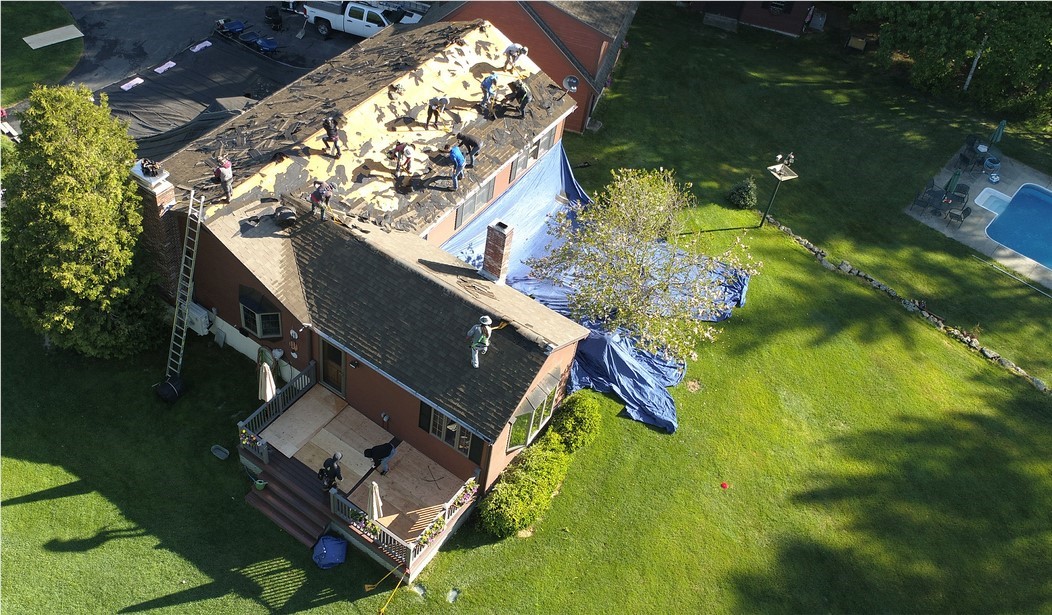
Comments